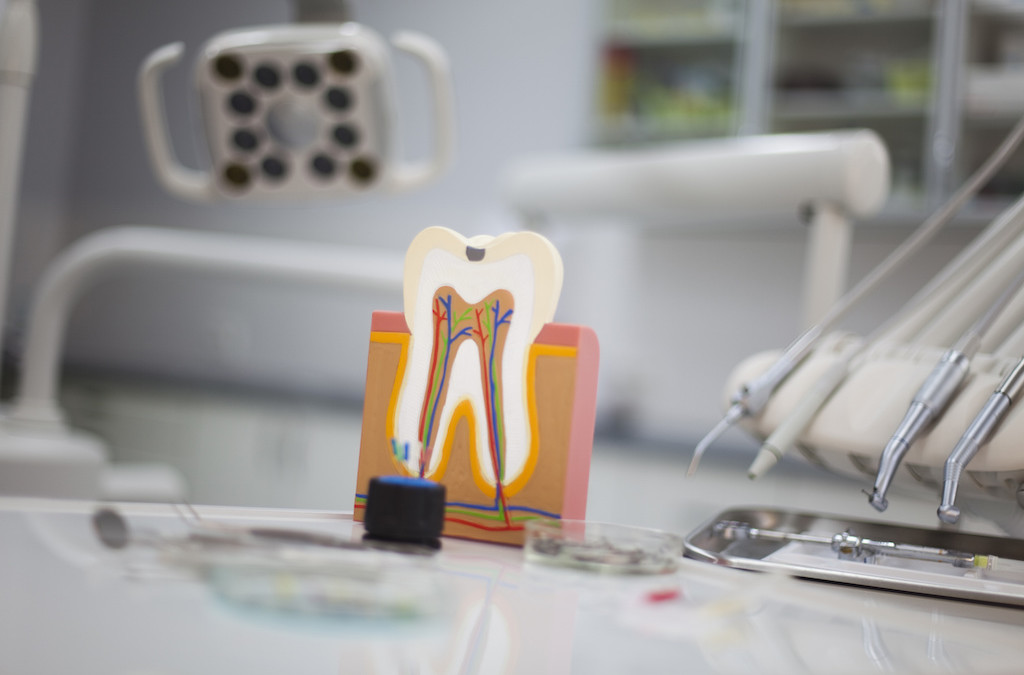


Adopting Good Body Language in the Medical, Dental, Pharmacy, or PA School Interview
Look No Further. Get Started Today. Call: 888-839-9997 e-mail: [email protected] 20 Minutes Free Consultation By Sanam Darougar Farshidi You’ve made it to the medical school, dental school, pharmacy school or PA school interview, and you’ve spent countless hours preparing for what you want to say and how you want to say it. You’ve carefully assessed every possible question you might be asked, and crafted answers that are sure to impress the interviewers. But did you know that only a small percentage of meaning in communication is in the words that are spoken, while the majority of meaning is derived from non-verbal factors? This means that people size us up and make decisions about who we are before we even speak. Communication is heavily weighted on non-verbal elements especially body language. As a result, it’s vital that we are self aware of what our body is doing in our interactions, especially in something as important as a health professional school interview like medical school or PA school. What You Need to Know About Body Language Body movement is the first thing the interviewer will notice about you, and the last thing they remember after you’ve left. In fact, body language is so important in communication, that each tip following this one is highly influenced by it because elements of body communication are woven into each non-verbal cue. There are far too many body language tips to be aware of in interpersonal interactions, but for the purposes of this list, we’ve honed in on the few key essentials: Posture – When the interviewer walks through the door to welcome you...
Healthcare Reform and Dentistry – What You Should Know for Your Dental School Interview
Look No Further. Get Started Today. Call: 888-839-9997 e-mail: [email protected] 20 Minutes Free Consultation What You Need to Know About Healthcare Reform for Your Dental School Interview In recent years, dental schools are looking more and more at applicants’ knowledge and understanding of dental health care delivery. As you prepare for your dental school interview, it is wise to consider these issues in general and how recent healthcare reform will impact dental care and the dental profession. To make sure you have the necessary preparation to ace your interview, try to gain a basic understanding of the issues revolving around healthcare reform’s impact on dentistry. Avoid getting caught up in details and memorizing every fact about healthcare delivery in dentistry. Dental school admissions committees are not going to quiz you on your knowledge of details. The goal is to demonstrate an overall understanding of the issues and formulate a position that shows the dental admissions committee your thoughtfulness. In an attempt to help you prepare, below we have highlighted some of the key issues relating to the impact of healthcare reform on dentistry: Before we consider how healthcare reform will affect dentistry, it is worth looking at government programs designed to provide oral heath services for the population. Government programs generally tend to cover healthcare services, including dental services, for vulnerable populations such as those who do not make too much money. There are two mechanisms through which the government provides oral healthcare services to low-income communities: Medicaid: Medicaid is a government program that pays for healthcare services for certain groups who are considered low-income and for individuals with...
The Ins and Outs of Getting Letters of Recommendation for Medical School
Look No Further. Get Started Today. Call: 888-839-9997 e-mail: [email protected] 20 Minutes Free Consultation For a free 20 minute consult, please call 1-888-839-9997 or email us at [email protected] One of the most important elements of a successful medical school application is the letter of recommendation. Recommendation letters provide extensive insight about you and help medical schools gauge your ability to excel in medical school as well as your preparedness for becoming a physician. Below we address some of the key issues relevant to obtaining and sending your letters of recommendation: Who to get letters of recommendation from: There are many individuals from whom you could request a letter of recommendation. In general, your letter writer should know you well and be able to comment in a substantial way about your ability and aptitude for medical school and the medical profession. Most medical schools require 3-4 letters of recommendation and generally expect two of these to be from professors with whom you have taken science courses. We recommend getting letters from the following: Science professors: This should preferably be with science professors in challenging upper division courses that are related to the medical field. A letter of recommendation from a microbiology or medical genetics professors will help more than a letter from an entomology professor. Also get your letters from professors with whom you took courses at a four-year institution. Physicians: It is always a good idea to get a letter of recommendation from physicians who you have shadowed or volunteered with. Research faculty: If you have done substantial research with a faculty member, that faculty member can...
Healthcare Reform for the Medical School Interview
Look No Further. Get Started Today. Call: 888-839-9997 e-mail: [email protected] 20 Minutes Free Consultation Introduction and General Points Medical schools love to assess an applicant’s knowledge and views of the healthcare system during the medical school interview. Both traditional medical school interviews and multiple mini interviews may include questions or scenarios about the Affordable Care Act (AKA Obamacare) and its impact on how we deliver healthcare. In fact, medical schools are not the only ones asking about the ACA. PA schools, pharmacy schools, and sometimes even dental schools, like to discuss the possible implications of the new law on their profession with prospective students. Applicants frequently want to know what’s important to understand about the new healthcare law. Before we get into discussing the law and covering its main components, its important to point out the following: Do not drive yourself crazy trying to learn all the details of the law: As it turns out the ACA is a very long bill with thousands of pages of regulations and there is no way you are going to know all of it. Admissions committees don’t expect you to know all the details but rather to have a basic grasp and to have a position. Learn the basics and spend some time thinking about it: Instead of trying to learn all the details, try to grasp the basics of the act and spend some time thinking about the act, formulating an opinion about it, and considering its implications. Before you go into your interview, read current events related to the Affordable Care Act: Interviewers may ask you to state your...
